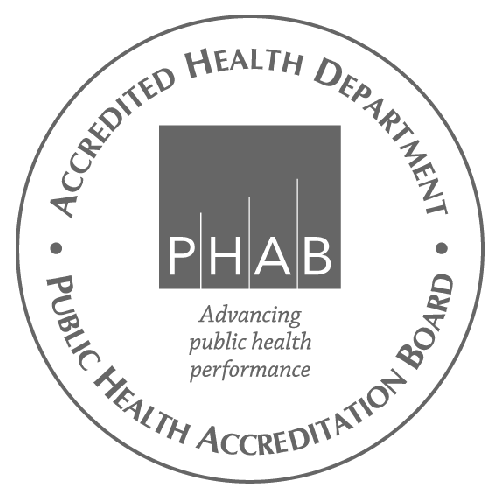The Centers for Disease Control and Prevention (CDC) has issued the following health advisories for vector-borne diseases:
- Increased Oropouche Virus Activity and Associated Risk to Travelers
- NEW - Ongoing Risk of Dengue Virus Infections and Updated Testing Recommendations in the United States
The CDC recommends that pregnant travelers discuss travel plans, reasons for travel, steps to prevent bug bites, and potential risks with their healthcare provider.
What to do if you're a member of the public:
- Protect yourself from mosquito bites, especially if you are visiting areas with dengue transmission or areas in the Americas with Oropouche virus transmission, as well as avoiding mosquito bites upon your return for three weeks.
- If you are pregnant, you should discuss travel plans, reasons for travel, steps to prevent bug bites, and potential risks with your healthcare. If travel to areas with Oropouche virus transmission is unavoidable, strictly follow the CDC’s Oropouche prevention recommendations.
- Review and be familiar with the recommendations for the public in the June 2024 HAN (CDCHAN-00511) on dengue in the United States and CDC’s current Travel Health Notice on global dengue.
- Contact your doctor if you have symptoms of dengue and of Oropouche virus infection and mention your travels.
What to do if you're a health care provider:
- Have increased suspicion of dengue and Oropouche virus infection for people with fever who have been in areas with dengue or Oropouche virus transmission within 14 days before illness onset.
- Advise patients who plan to travel to take steps to prevent mosquito bites during travel and for 3 weeks after returning, especially if traveling to an area with frequent or continuous dengue or Oropouche virus transmission.
- If Oropouche virus infection is suspected, contact your local health department to consider testing at the CDC (specific criteria for testing are here and include a negative dengue test result).
- If dengue is suspected, order the following diagnostic tests based on the timing of sample collection:
- For zero to seven days from onset, test serum using PCR and IgM, or NS1 antigen and IgM.
- For more than seven days from onset, test serum using IgM.



















